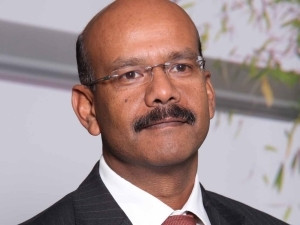Johannesburg, 09 Dec 2013

The environment for enterprise resource planning (ERP) implementations is significantly different today. Given how the value proposition of ERP has improved as a result of costs coming down, implementations becoming more controllable and predictable, and outcomes more reliable, companies are seeing more immediate benefits.
This could not have happened at a better time. While CIOs still struggle to juggle the same size budget they have had for the past few years, getting maximum return on investment has been challenging. Yet, with technology becoming more affordable and accessible, ERP systems can have significantly more functionality than just the standard financial component.
What has also helped this process is the fact that dramatic business benefits from ERP, which traditionally could have taken years to reflect, are more tangible much sooner and, therefore, are more easily justifiable. Competitive pressure is also driving ERP adoption, as companies have to stay at the forefront of their peer group. If they fall too far behind, the ability to remain competitive becomes strained and the bottom line gets negatively impacted.
As companies across industry sectors start seeing how a better understanding of their customers results in business benefits, technology is able to fuse with business intent thanks to ERP systems. These systems are enhancing the ability of companies to apply context to decision-making and adapt better to changing environments. Suddenly, it is a case of business-led technology enablement instead of having to rely on the solutions to drive strategy.
Globally, ERP markets are maturing at different rates. For example, Europe is probably the most mature market with implementations going full circle and the focus being on reconfigurations as a result of organisational shifts for the optimisation of efficiencies. On the other hand, Asia-Pacific is a more emerging market when it comes to ERP adoption, with many companies in industries like mining, construction and resources looking at first-time implementations.
When looking at Africa, there is this fascinating mix of some incredibly mature and sophisticated markets while others are in various early stages of development. The continent is really seeing the entire spectrum of what is possible.
The increased affordability of ERP systems means smaller companies can also adopt them much faster and broader than in the past. With technologies such as cloud computing in the ERP environment by smaller companies gaining traction, they now have the ability to budget on a per-use basis and get quicker access to sophisticated solutions.
But the African story is still to unfold. The promise of the cloud and other innovative technologies mean capacity and pricing on demand is there for ERP implementations. Globally, this has the potential to change how companies are able to extract business benefit more effectively from their systems, ultimately driving bottom-line growth.
For more Deloitte press releases, visit Deloitte Press Office.
Share